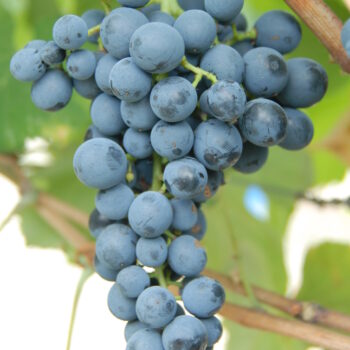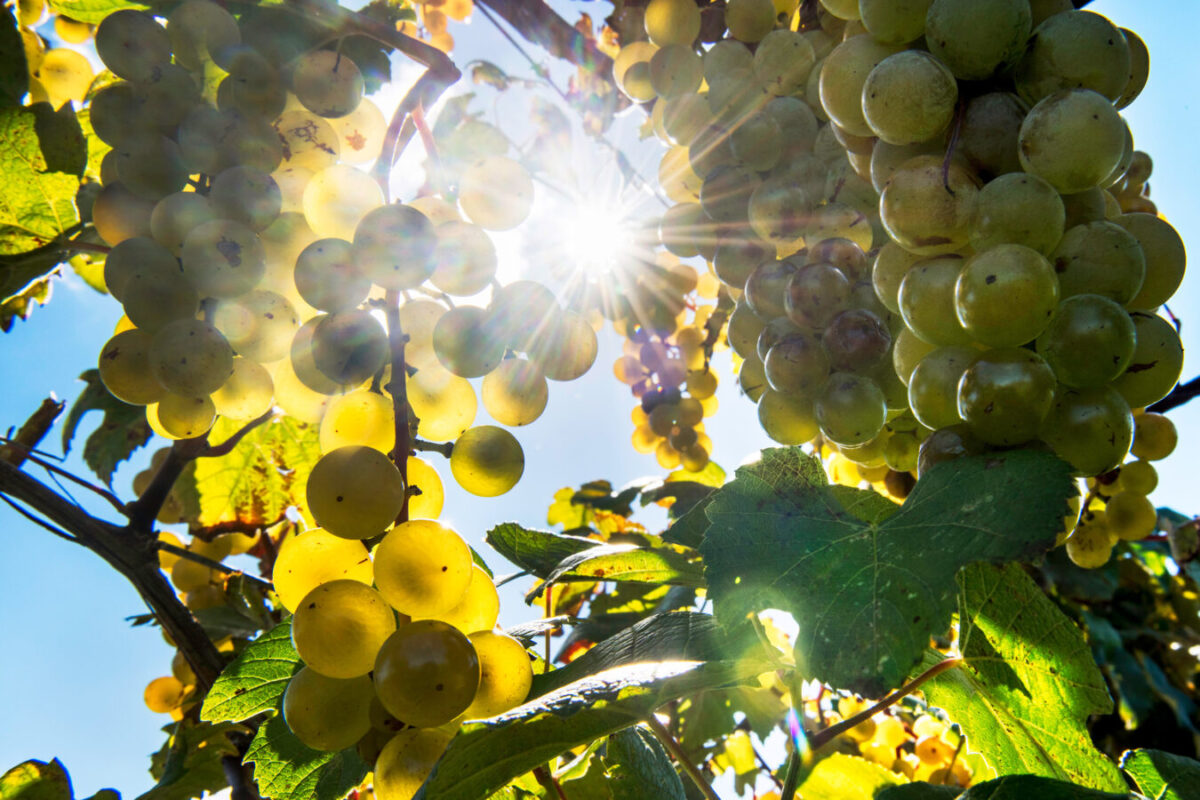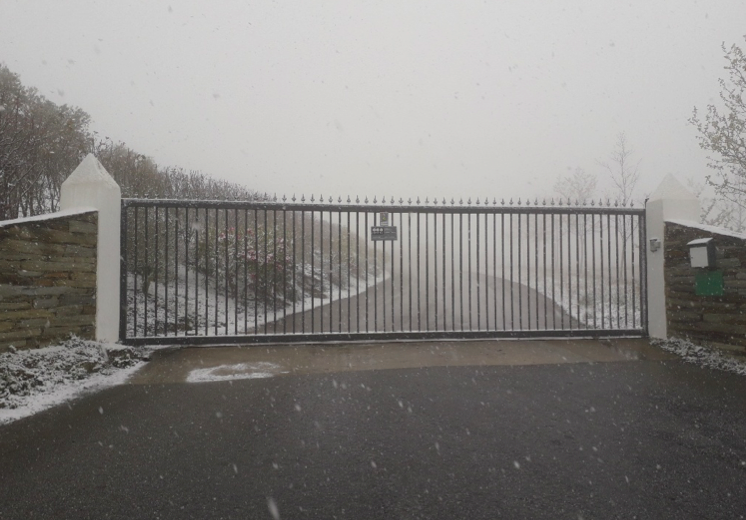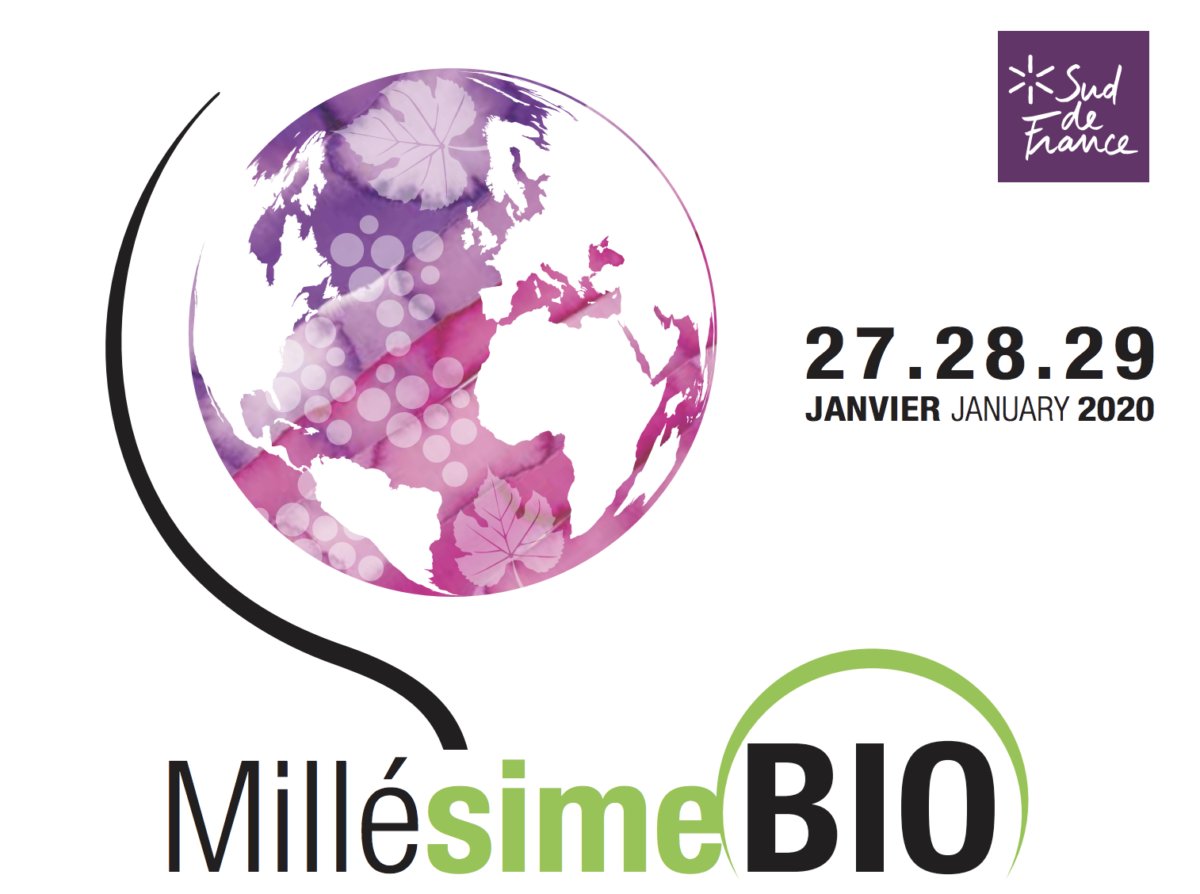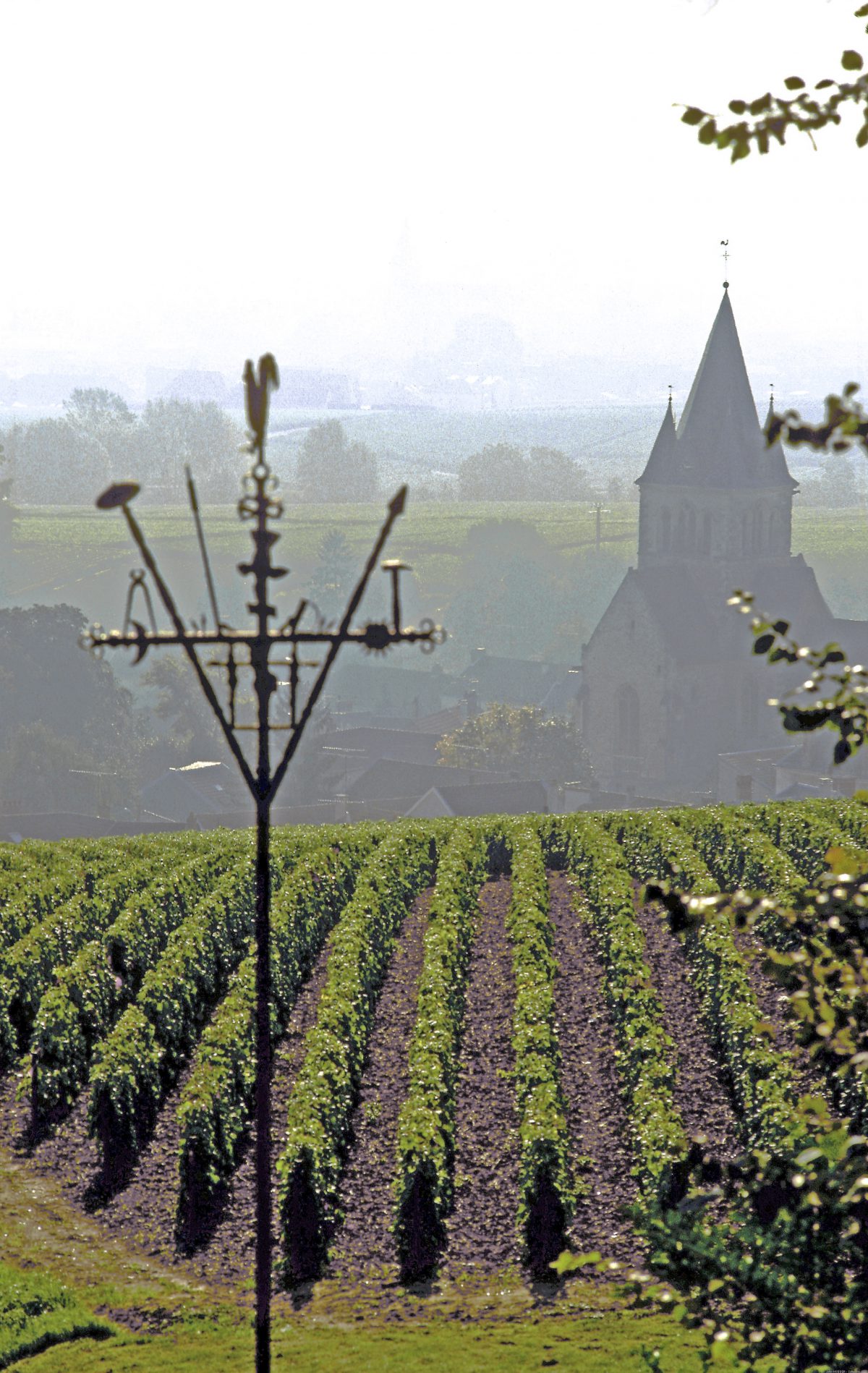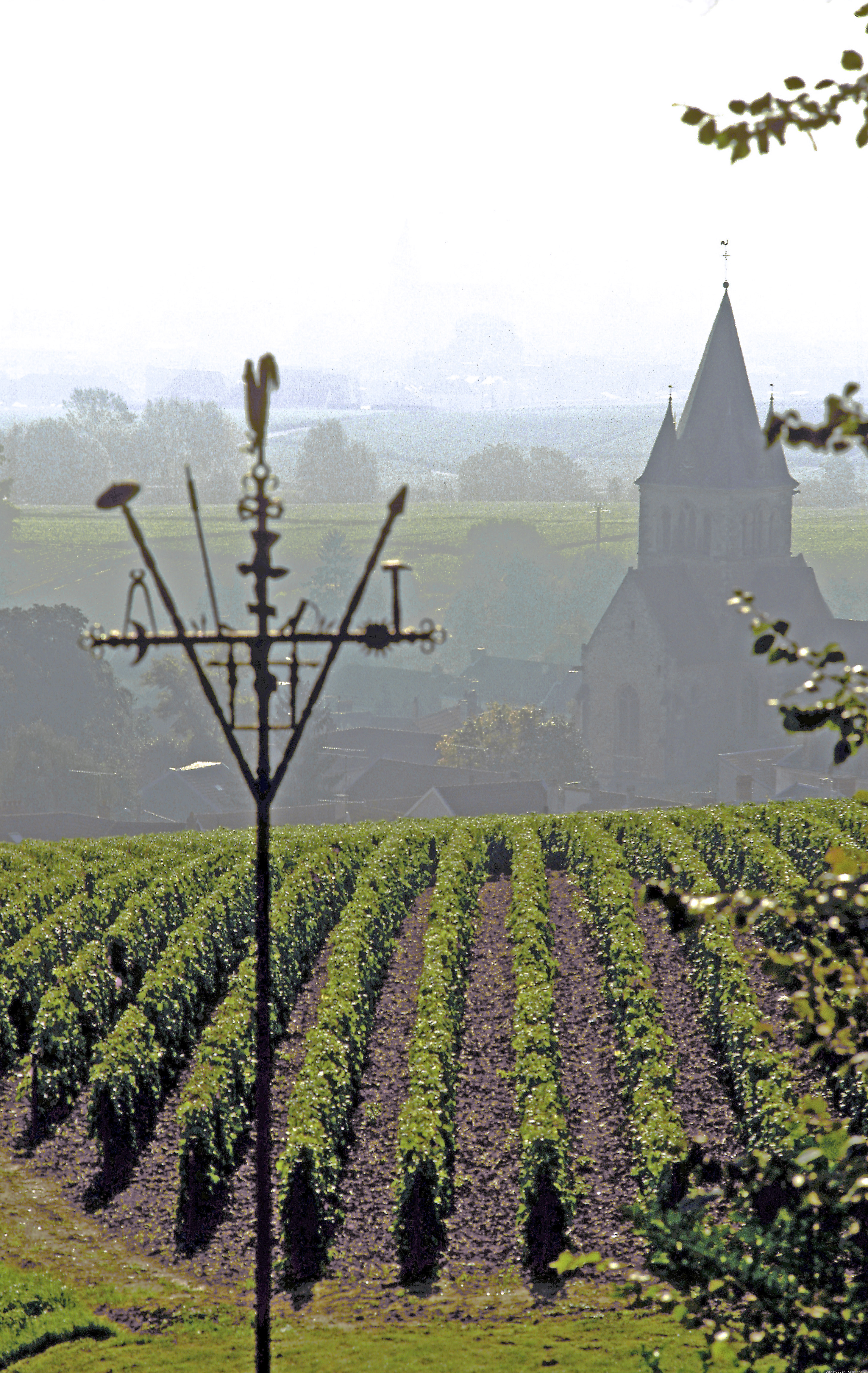The Institut National de l’Origine et de la Qualité (INAO) has officially approved the use of six new varieties in Bordeaux, which were first proposed in 2019.
The French agricultural governing body has approved the use of four new red varieties, as follows: Arinarnoa, Castets, Marselan and Touriga Nacional, and two white varieties: Alvarinho and Liliorila; with plantings authorized for 2021.
The varieties were put forward by winemakers in the Bordeaux and Bordeaux Supérieur AOCs (not Pauillac and Margaux ) in the summer of 2019, as a potential means of dealing with different growth cycles and ripening periods, in the face of a changing climate.
Scientists in Bordeaux looked at fifty-two varieties for potential future use before settling on the final six which were considered particularly suitable for their ability to handle hydric stress and for being later ripening.
When plantings begin, the new varieties will be limited to just 5% of an estate’s total surface area and no more than 10% of the blend in either red or white.
These new varieties will sit alongside the already permitted varieties: Cabernet Sauvignon, Cabernet Franc, Merlot, Malbec, Carménère, Petit Verdot for red – and Sémillon, Sauvignon Blanc, Sauvignon Gris, Muscadelle, Colombard, Ugni Blanc, Merlot Blanc and Mauzac for white.

